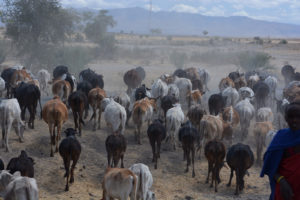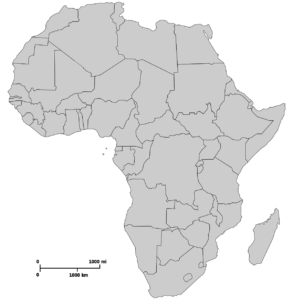“I want you to do something.” At nine decades and counting Mrs. Hottenstein’s spunk hadn’t waned.
Bypassing my questioning look, she peered at me through steel-trimmed lenses. Not unkindly. Still she certainly meant business. But about what?
“I need you and Ann to bring me details of your employment earnings, along with your overall monthly budget.” Again, no pause to indulge our reactions. Only one thing was clear to us. She clearly had our attention.
“I need to know your living expenses, tuition and other school-related fees, transportation and so forth – whatever counts as routine expenses.”
The long-retired school teacher wasn’t finished. Long stretches navigating Kentucky hill classrooms had clearly forged an aura of authority. She leveled her vision to mine.
“Jerry, the truth is that you are spending far too much time working a job to meet your college costs. You need to give more hours doing what you came to this city to do. To give yourself to the class time required, give your attention to study, to your assignments, exam preparations and the like.” The ninety-something-year-old voice shifted tone for the first time in her monologue – full-speed racing boat to trawling skiff.
“I want to help.”
“I will do the part I can to cut your hours at that downtown newspaper. You can arrange with them as a student to work a lighter schedule. I’m sure they’ll work with you.” She knew no such thing but that was beside the point.
“I will make up the difference once we settle on what is appropriate”.
Our car slowed. “Ah, here we are – already back to my place! Thank you once more for your kindness, giving me the ride.”
I walked her up three steps and onto her porch, my hand lightly at her elbow. She stepped inside and turned, facing me. From beyond the screen it was obvious her eyes had resurrected their piercing gaze.
“Remember now. Next week. Have it ready.” Crisp. Terse. Unsmiling.
Taking my cue, I responded in a tone that possibly matched some youngster’s voice of long ago. Near a one-room school house on a hill where bluegrass swayed.
“Yes, ma’am, I’ll do that. I promise.”
©2017 Jerry Lout




